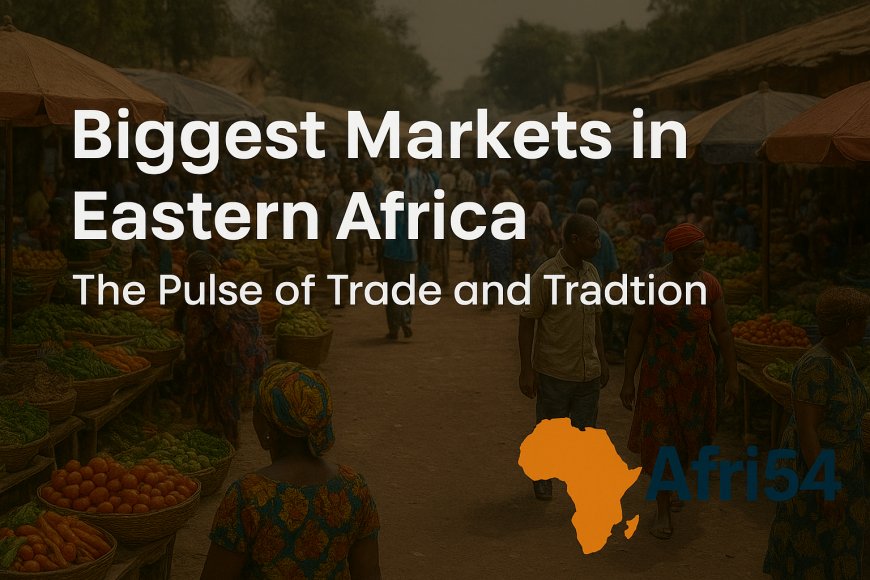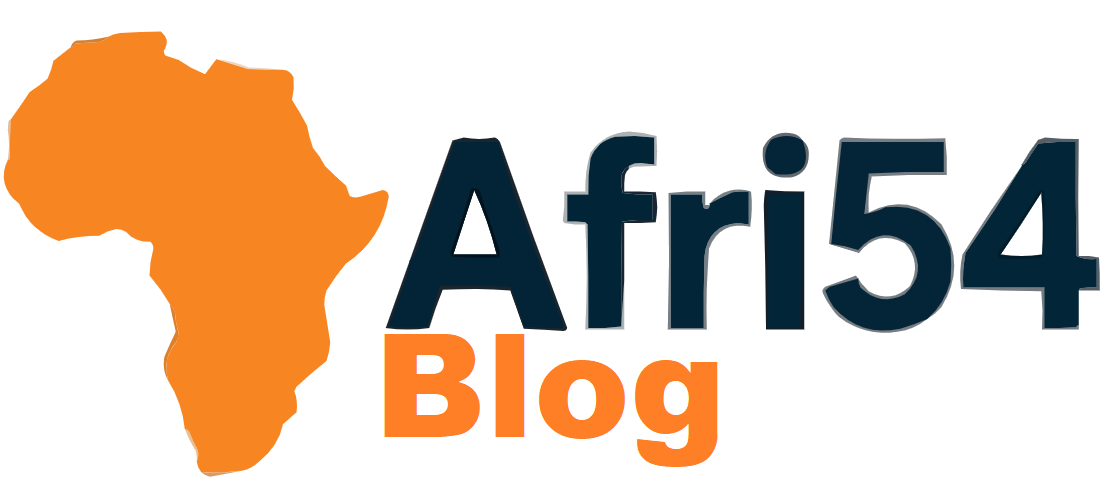10 Biggest Markets in Eastern Africa
Discover the 10 biggest markets in Eastern Africa — from Addis Mercato and Gikomba to Kariakoo, Owino, and Kimironko. Explore their size, goods, and role in culture and commerce.

Reading Time: ~9 minutes
Eastern Africa is a region where trade and culture intersect in some of the continent’s most vibrant marketplaces. From sprawling wholesale hubs in Kenya and Ethiopia to traditional craft markets in Uganda and Tanzania, these trading spaces are vital to both the economy and community life. Here’s a look at the 10 biggest markets in Eastern Africa, ranked from largest to smallest.
1. Addis Mercato (Addis Ababa, Ethiopia)
Regarded as the largest open-air market in Africa, Addis Mercato spans several square kilometers and employs hundreds of thousands of traders. Here, you can find everything from spices, coffee, and textiles to electronics, household goods, and traditional crafts. It is the heartbeat of Ethiopia’s capital and a must-visit cultural landmark.
2. Gikomba Market (Nairobi, Kenya)
Gikomba is the largest second-hand clothing market in East Africa, supplying affordable fashion to millions of people. It’s famous for its “mitumba” (imported clothes and shoes), and its wholesale nature makes it a critical hub for traders from across Kenya and neighboring countries.
3. Kariakoo Market (Dar es Salaam, Tanzania)
Kariakoo is Tanzania’s largest market, offering foodstuffs, textiles, electronics, and household items. Its size and diversity make it a central hub for both local residents and wholesale traders across the country.
4. Owino Market (St. Balikuddembe, Kampala, Uganda)
Commonly known as Owino, this market is the biggest in Uganda, with tens of thousands of stalls. It is renowned for second-hand clothes, shoes, foodstuffs, and crafts. Owino is chaotic yet organized, and a true reflection of Kampala’s energy.
5. Maasai Market (Nairobi, Kenya)
The Maasai Market is more cultural than wholesale, but its scale and reputation make it one of East Africa’s most popular. It specializes in beadwork, carvings, fabrics, jewelry, and paintings, attracting locals, tourists, and international buyers alike.
6. Kongowea Market (Mombasa, Kenya)
Covering about 16 hectares, Kongowea Market is the largest in Kenya’s coastal region. It’s famous for fresh produce, fish, spices, and household goods. With over 1,500 traders, it serves both the local community and the tourism industry.
7. Nakasero Market (Kampala, Uganda)
Nakasero Market is a central hub in Kampala for fresh fruits, vegetables, meat, and imported goods. It is one of the city’s oldest and busiest, drawing both ordinary residents and hotel/restaurant suppliers.
8. Kibuye Market (Kampala, Uganda)
Kibuye is one of Uganda’s largest open-air markets, particularly known for second-hand clothes, shoes, food items, and hardware. It’s a favorite spot for bargain hunters and small-scale traders.
9. Mwenge Craft Market (Dar es Salaam, Tanzania)
This market is a hub for Tanzanian artistry. Woodcarvings, paintings, jewelry, and traditional crafts dominate here, making it a popular stop for tourists and cultural enthusiasts.
10. Kimironko Market (Kigali, Rwanda)
Kimironko is Rwanda’s largest market, bustling with food stalls, clothing, crafts, and imported goods. It is particularly known for its colorful fabrics and serves as a major distribution point in Kigali.
Why Eastern Africa’s Markets Matter
These markets are not just centers of trade — they are places where heritage, innovation, and daily life meet. From the colossal Mercato in Addis Ababa to Kigali’s Kimironko Market, they sustain local economies, connect rural farmers with city consumers, and preserve cultural traditions.
Final Thoughts
Eastern Africa’s markets are vibrant, chaotic, and full of life. Whether you’re shopping for coffee in Addis, bargaining for mitumba in Nairobi, or exploring crafts in Kigali, each market tells a story of resilience, culture, and commerce.
Have you listed your business on Afri54?
Afri54 exists to solve a fundamental challenge faced by millions of African businesses: lack of visibility. Whether you’re an automobile part seller in Lagos, a local attire manufacturer in Kigali, a coffee exporter in Addis Ababa, or a mobile phone supplier in Accra, you deserve to be seen. Join now






















